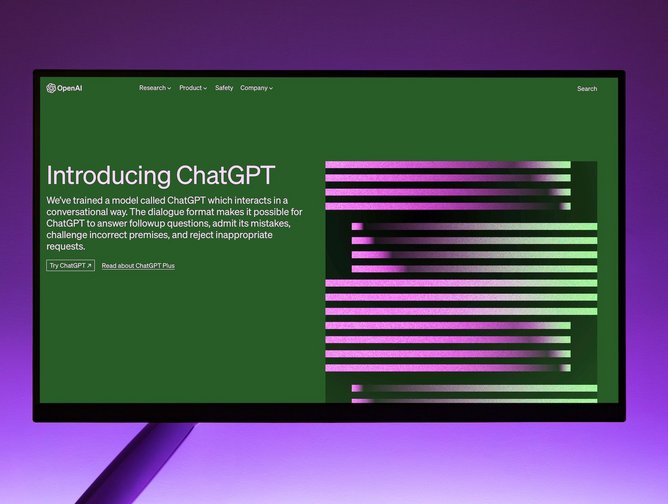Why PwC is investing US$1 billion in artificial intelligence

It’s almost impossible to escape the AI conversation at the moment, especially when professional services giants like PwC are making such substantial investments.
In recent weeks, the Big Four consulting firm announced it was ploughing no less than US$1bn into the technology over the next three years to expand and scale its artificial intelligence offering, while helping clients reimagine their businesses through the power of generative AI.
At the forefront of PwC’s investment is what it calls an “industry-leading relationship” with Microsoft, creating scalable offerings using OpenAI’s ChatGPT and Microsoft’s Azure OpenAI Service.

“We are at a tipping point in business and society where AI will revolutionize how we work, live and interact at scale,” said Mohamed Kande, Vice-Chairman at PwC US, after the investment was announced.
“PwC has long been a pioneer in responsible AI, and this latest investment and collaboration with Microsoft will help our people and clients realise the augmented productivity and new growth opportunities associated with generative AI, doing so in a responsible way while driving the right results.”
PwC set to drive AI governance and accountability
It’s estimated that AI could contribute up to $15.7 trillion to the global economy by the year 2030.
And, while the latest Trust Survey carried out by PwC found almost all business leaders were prioritising AI-related initiatives and systems in the near future, only 35% of executives said their company would focus on improving the governance of AI systems, processes, monitoring and reporting on AI model performance.

However, PwC’s intention is to drive governance and accountability through its Responsible AI framework, helping clients build and deploy OpenAI’s generative AI technology across a variety of situations with a focus on governance, fairness, transparency and explainability, as well as protecting the confidentiality and security of data.
This, the firm says, will unlock greater value and outcomes for clients, while attempting to build greater trust in AI platforms – underscoring its core purpose: to build trust in society and solve important problems.
Simultaneously, PwC is set to modernise its internal platforms through the integration of secure, generative AI, building on an existing foundation of using artificial intelligence to deliver productivity gains across tax, audit and consulting services to clients.
And the scope of the programme does not end there. As part of its My+ scheme, PwC is investing in the upskilling of its 65,000 employees in AI tools and capabilities, allowing them to work faster and smarter, grow their careers and advise clients on the benefits of transformative technology.






